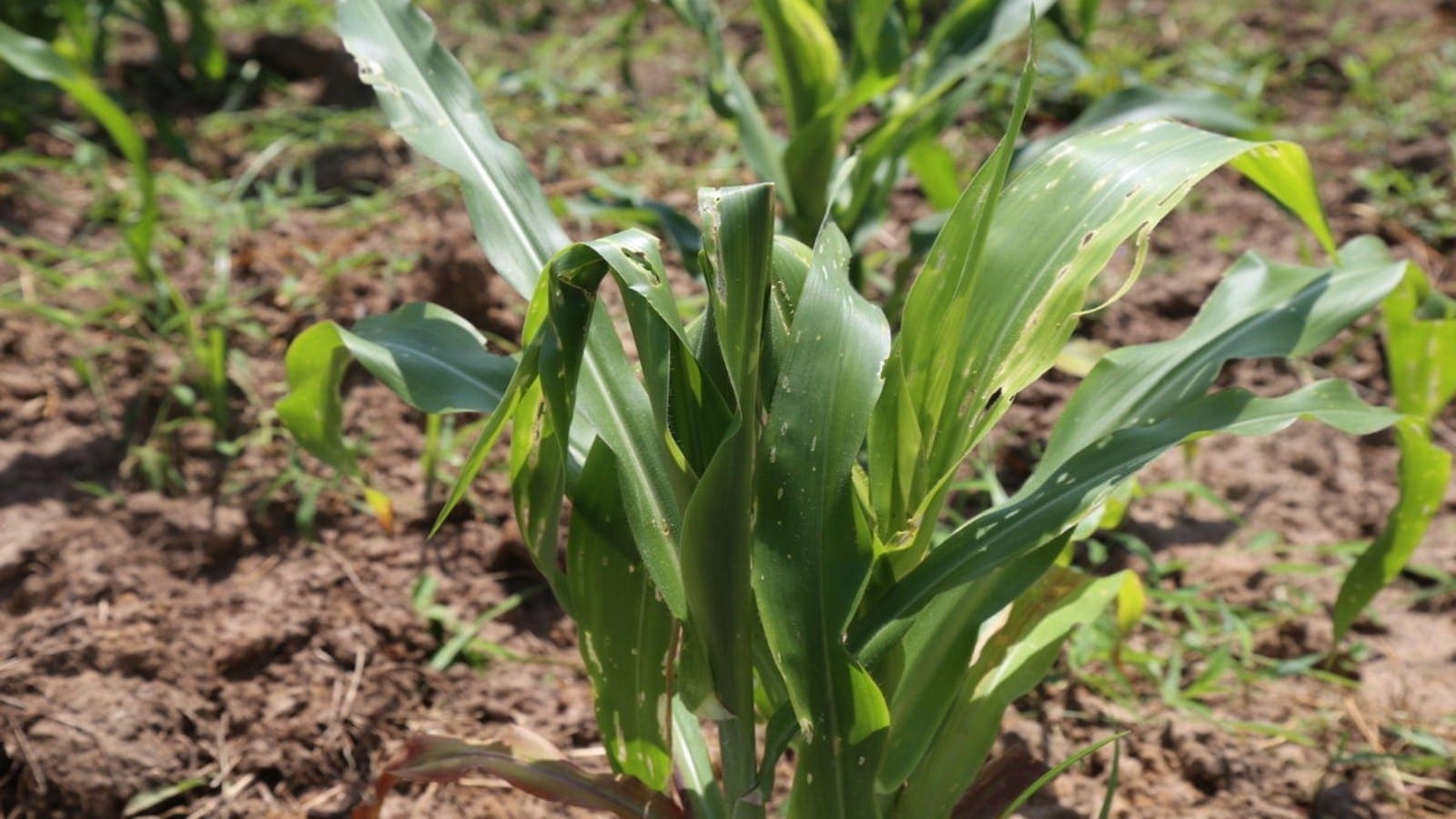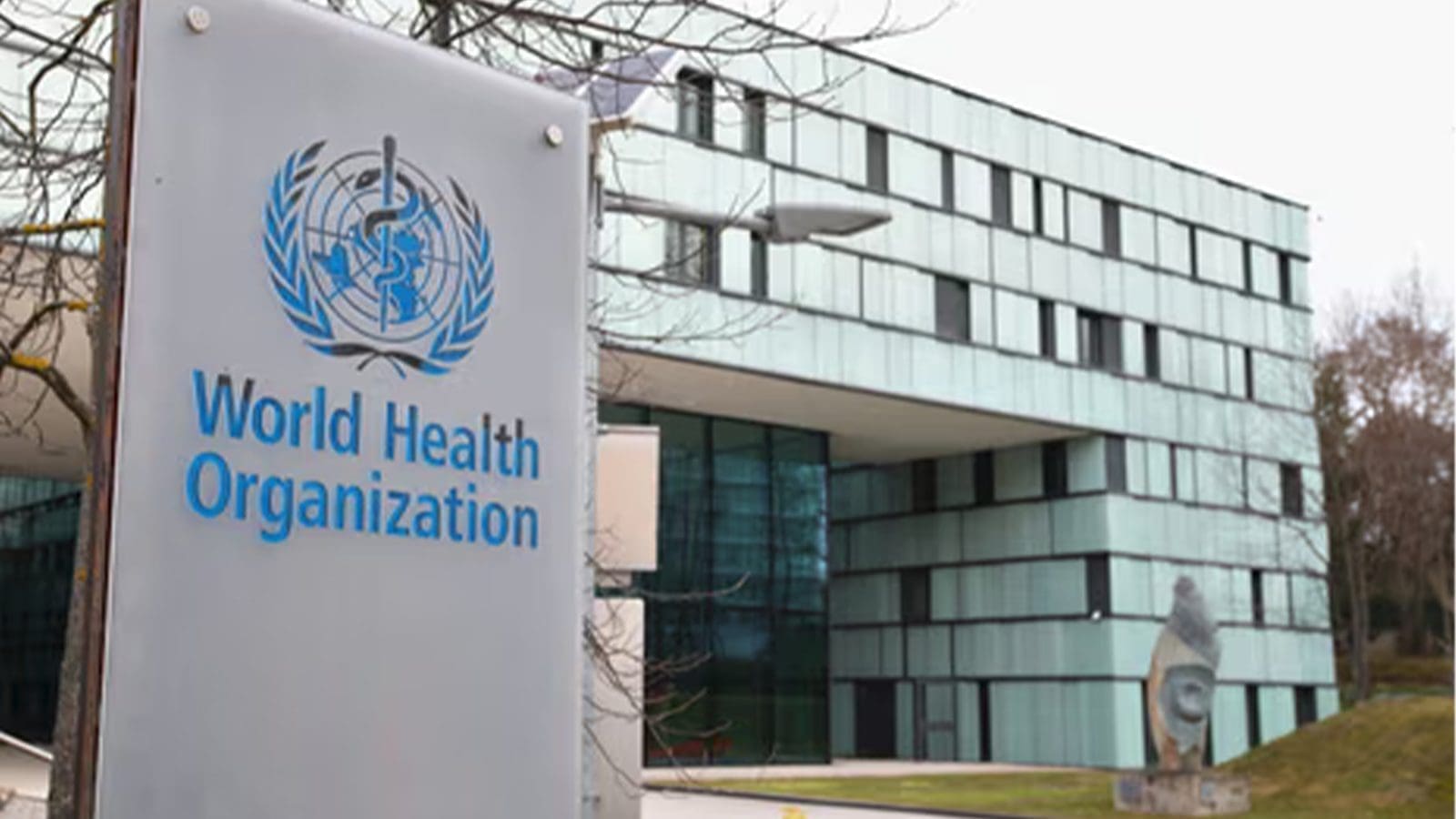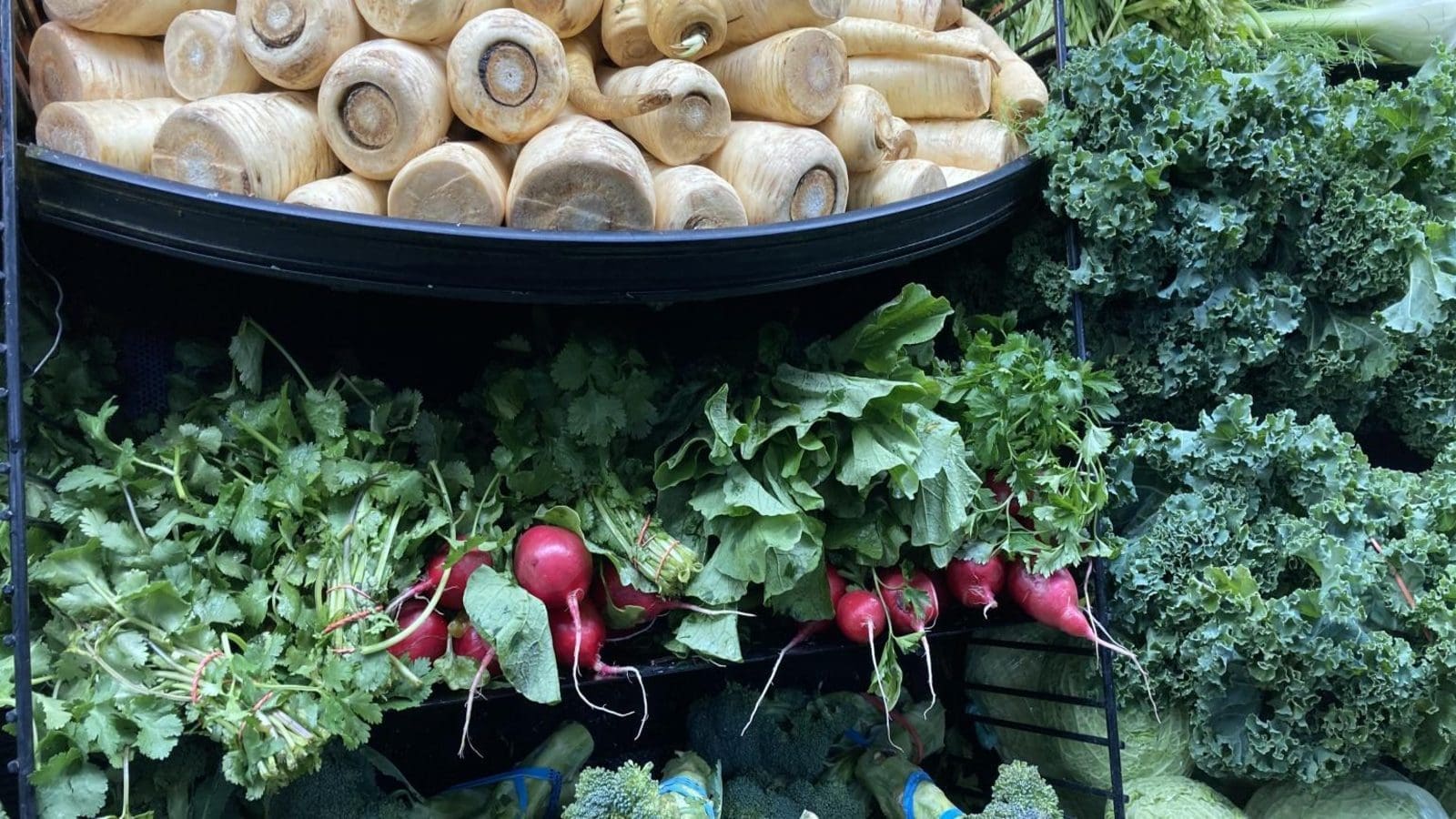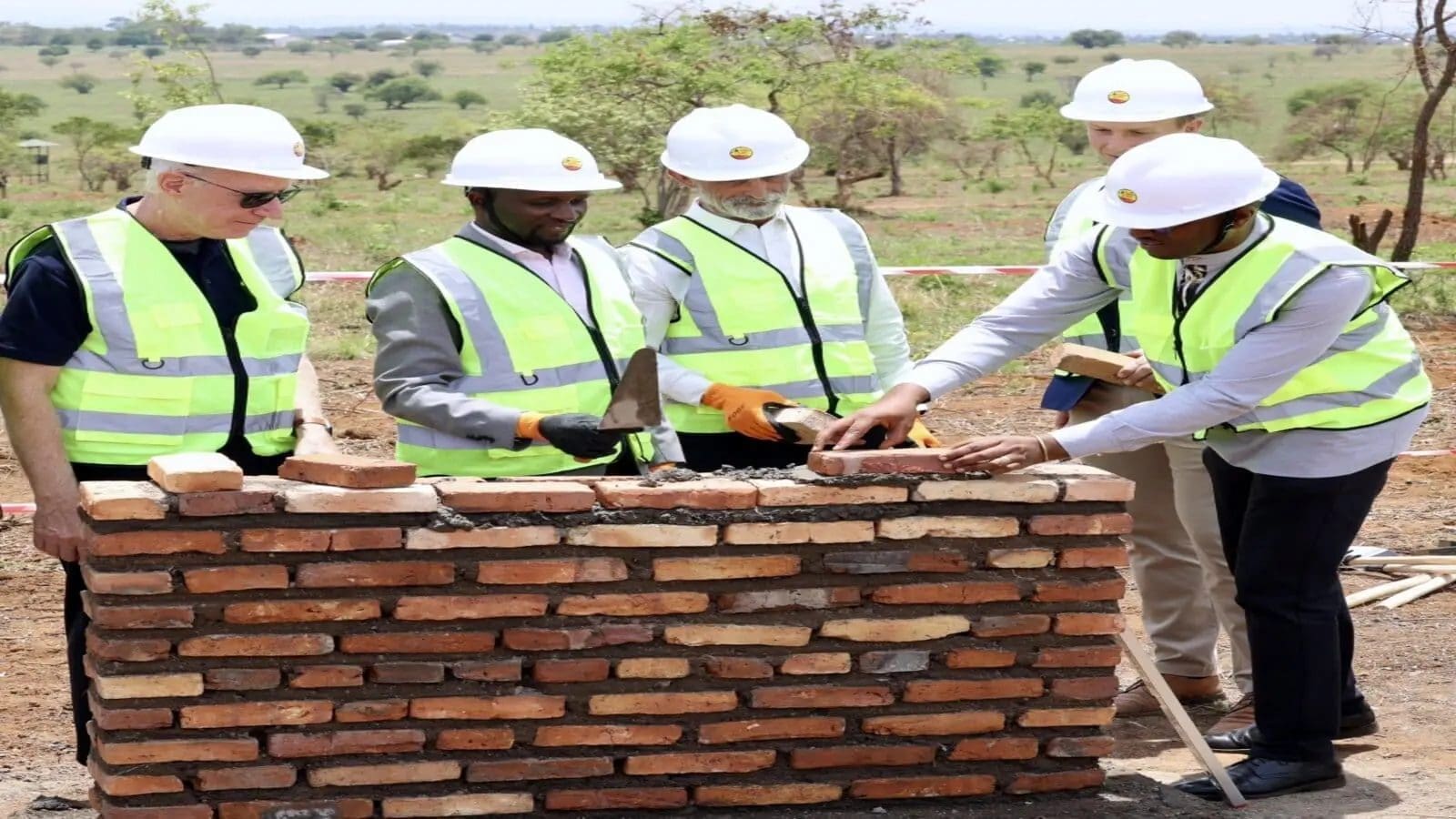KENYA – Researchers at the Kenya Agricultural and Livestock Research Organization (KALRO) are seeking approval from government institutions such as the National Biosafety Authority and Kenya Plant Health Inspectorate Services (KEPHIS), to formally introduce Bt (Bacillus Thuringiensis) maize in the country.
Bt is a species of bacteria that lives in soil and makes proteins that are toxic to specific insects when eaten.
It has long been popular with organic farmers because it is considered a “natural insecticide” hence aids in curbing environmental pollution.
The Kenyan maize production capacity has dwindled over time owing to the effect of pests and diseases such as the stem borer and fall armyworm.
According to research by the Center for Agriculture and Bioscience International (CABI), the stem borer alone destroys 12 percent of the nation’s maize production, while the fall armyworm causes an average maize loss of 60 percent.
The Bt maize research is part of Kenya’s 10-year Agricultural Sector Transformation and Growth Strategy (ASTGS), which is intended to build on previous strategies to revitalize the country’s agricultural sector by 2029 and make it a regional powerhouse.
The strategy emphasizes integrating modern farming techniques into Kenya’s agricultural sector to improve productivity and includes lifting Kenya’s ban on Genetically Modified (GM) crops.
In the previous year, the Kenya government imported two million bags of white maize for human consumption and an additional two million bags of yellow maize for animal feed after the country’s strategic grain reserves were contaminated by aflatoxin which is a mold-related toxin known to cause cancer and other health problems.
The government had to destroy 124,625 50-kilogram bags of condemned maize stocks.
“The country is losing about 40 percent of the 42 million bags of maize produced annually to the stem-borer and other pests and we have to import to make up for the losses,
“The Bt maize has already been approved in other countries like Malawi, Nigeria and South Africa, where the technology has helped them double their maize yields,” commented KALRO Director-General, Dr. Eliud Kireger.
Prof. Dorrington Ogoyi, National Biosafety Authority CEO, has expressed that the maize is expected to be commercialized by 2022, if it is approved by Kenya’s relevant government agencies.
KALRO’s three-year trials indicate the effectiveness of the gene in fighting against the two major insect pests affecting maize production in Kenya, the spotted stem borer (Chilo partellus) and the African stem borer (Busseola fusca).
The Bt maize planted earlier this year in western Kenya is already showing resistance to the destructive stem borer and fall armyworm pests, which will help farmers reduce their use of pesticide sprays.
The improved variety which is vastly grown in the US and south America has been tested in accordance with international standards.








